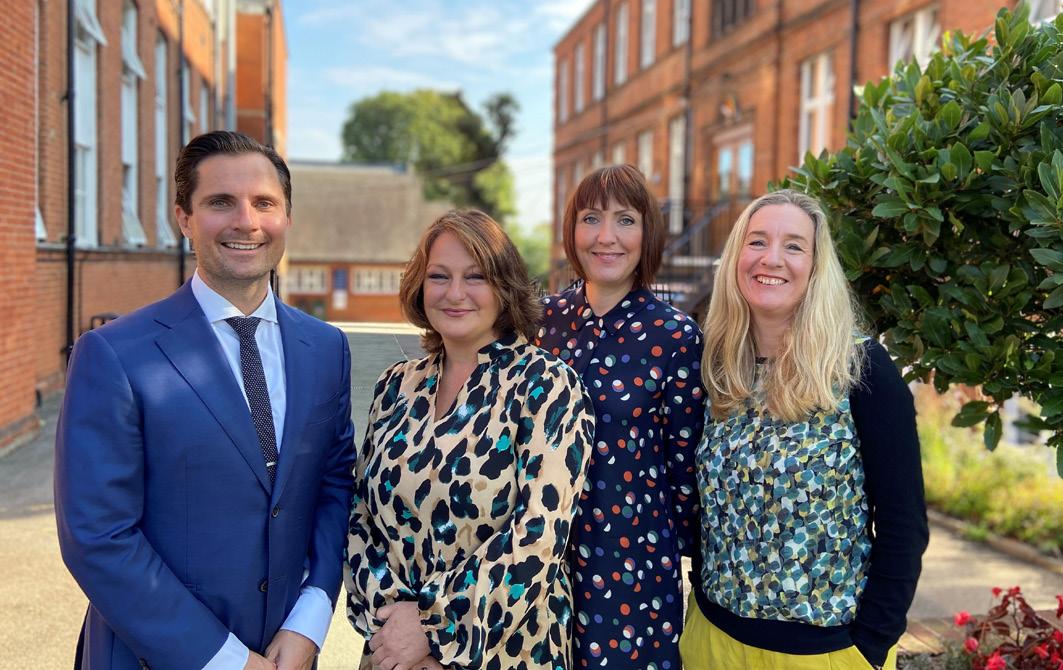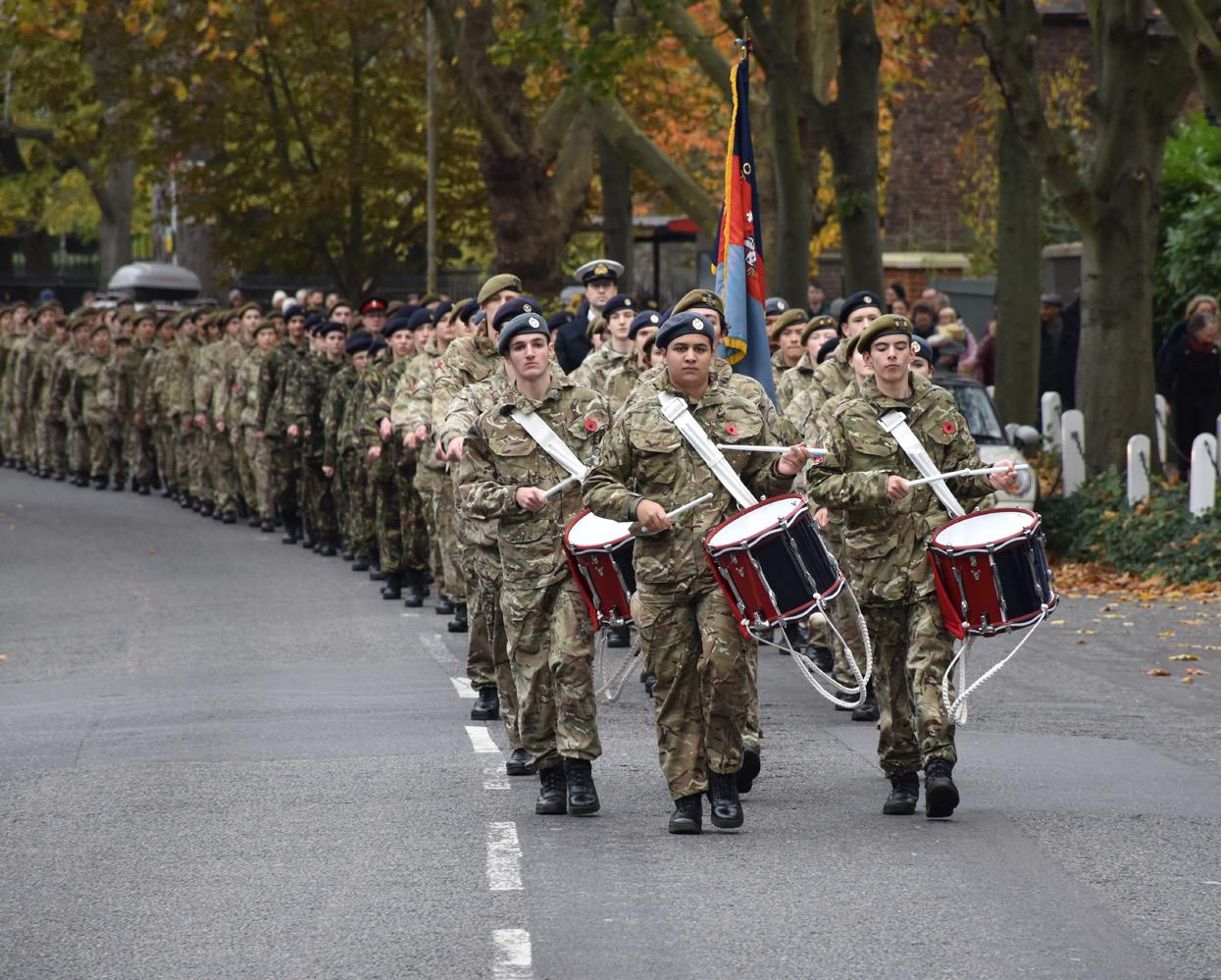18 Feature
money pretty quickly… The charity, Bloody Good Period, estimates that in the UK, a lifetime’s menstrual products (pads, tampons, liners etc. not including pain relief and other period care products) cost around £4800 or an average of £11/month. If you were to buy three each of the light, medium, heavy and super-dooper BB pads and kept them in use for four years, the average UK menstruation would save just under £400 in that time. Even if you were spending just £5 a month on periods you’d still save £111.
Presidential interviews
Zoe Miller (Roper’s 2015)
We are striving to promote nature-positive production, consumption and disposal that is non-depleting and non-destructive to the environment as well as being kind to your body and your pocket! What inspired you to set up BB Pads? About two years ago, I first started to become aware of and was horrified by the immense environmental damage being done by the production and disposal of conventional period care products.
What is BB Pads? BB Pads or Bloody Brilliant Pads began mid-pandemic around August 2020 and was launched at the end of May this year. Bloody Brilliant Pads are reusable, zero-waste, 100% plastic-free, harmfulchemical-free, compostable period pads.
carbon-offsetting projects and, if you live in London, your delivery will be emission-free, brought to you by HIVED on a bicycle or electric vehicle! Ten percent of profits will be going to the Pachamama Project which makes and distributes reusable period pads to refugees in Lebanon and Greece.
Each pad consists of a combination of beautiful fabrics such as certified organic, unbleached and undyed cotton, TENCEL™, blends of waste plant fibre fabrics including pineapple, hemp, galangal and kapok and handwoven pure cotton dyed with natural, plant-based dyes. They are highly absorbent (more so than disposables), naturally anti-bacterial and incredibly soft — no more scratchy plastic and irritating adhesives!
BB Pads may require an initial investment and we know that sadly environmentallyconscious options are still often more expensive and aimed towards only affluent consumers, making the environmental movement a class-based one. We believe that for a solution to be successful and workable it must try its best to be accessible to everyone. BB customers can therefore opt to pay for their pads in instalments and we suggest that they gradually build their sustainable period wardrobe up over time as they work out what needs adding to their period routine. Reusable pads also end up saving you
We (well, it’s just me really at BB HQ, but there are lots of hard-working, amazing people behind the scenes contributing to each and every stage of the process) are all about transparency, sustainable and ethical textile production, consumption and disposal, feeding into a transition towards a circular economy, eliminating plastic waste and micro-plastic pollution, reducing chemical production and runoff, helping to tackle period poverty, pushing back against the stigma and taboos that still shroud menstruation and supporting and advocating for women’s and human rights. All of our packaging and paper is either compostable or recyclable and the ink we use is non-toxic, acid-free and vegan. Our shipping emissions are offset by Carbon Jacked through a renewable wind power project in Taiwan which has been certified by the Gold Standard for the Global Goals, the leading international standard for
Every menstruator’s needs and cycles vary quite a bit, but based on an average of 38 years of menstruation, 13 cycles per year, people with periods will use somewhere around 11,000-16,000 disposable pads, pantyliners or tampons over their lifetime. That’s half the human population using that many disposable, plastic and chemicalinfused products. The average single-use, disposable, conventional period pad contains up to 90% plastic, 99% of plastic is made using fossil fuels and a lot of these products end up getting flushed down the toilet or sent to the landfill and many unfortunately wash into the ocean. Plastics can take 500 years or more to breakdown; and when they do, they break down into micro-plastics which contaminate soil, air and water supplies and accumulate in food systems. I was also shocked to learn that companies selling so-called “sanitary products” in the UK are not legally required to disclose all the ingredients in their products. I made the switch to the period cup which I absolutely loved but I was still using it in conjunction with single-use pads and I really wanted to only use reusable products. Period pants personally weren’t for me as I wanted something that I could change throughout the day without having to faff around taking off my trainers and trousers. I found that most reusable pads on the market were made from synthetic fabrics containing micro-plastic fibres such as polyester, spandex and nylon which can take anywhere between 20 to 200 years









